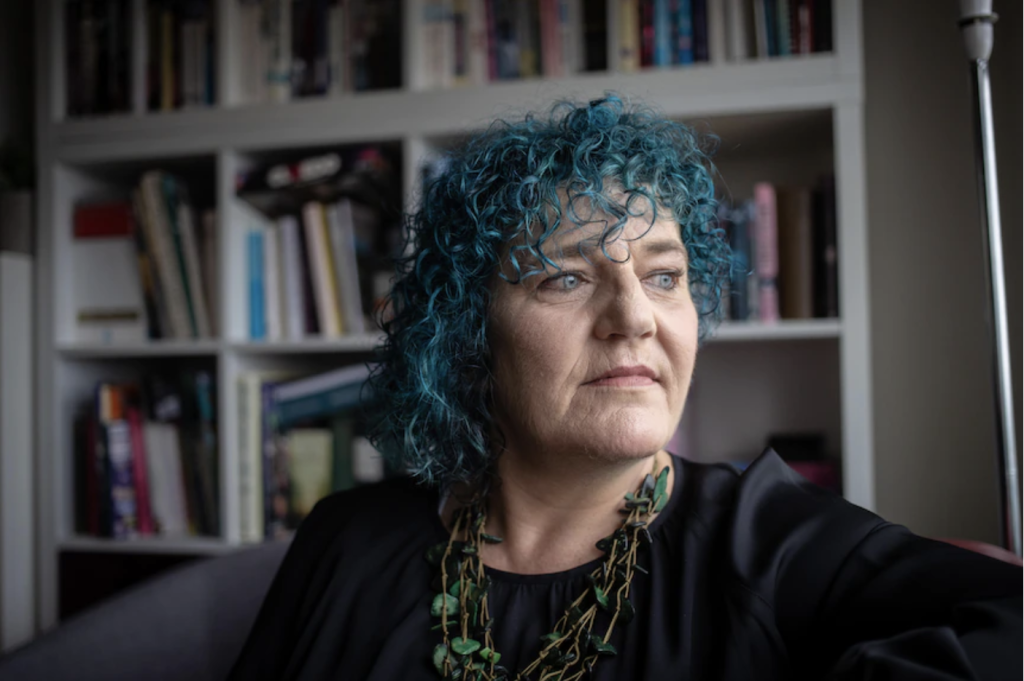The CEO of WWDA has been on a whirlwind of activity this month, engaging in her representative work across various national advisory committees.
Carolyn stands as WWDA’s representative on numerous national advisory structures. Her collaborations span government departments, agencies, industry bodies, and research institutes, all with a unified goal: to champion and advance the human rights of women, girls, feminine-identifying individuals, and non-binary persons with disabilities.
Earlier this year, Carolyn was appointed as a member of the Australian Government’s National Women’s Health Advisory Council. This council serves as a vital source of advice and recommendations to the Australian Government on enhancing health outcomes for women and girls nationwide. Additionally, Carolyn contributes her expertise to assist in implementation of the National Women’s Health Strategy 2020-2030.
Carolyn continues to work closely with the Australian Government as a member of the National Plan to Reduce Violence Against Women & Their Children Advisory Group. Together, they are working to develop the inaugural action plan, ensuring a comprehensive response to gender-based violence. Carolyn’s advocacy is crucial in addressing specific forms of violence perpetrated against women and girls with disabilities, such as the deeply concerning issue of forced sterilisation. By amplifying these concerns, she strives to secure their rightful place within Australia’s response to violence against women.
Furthering her commitment to safeguarding the rights of women with disabilities, Carolyn has recently provided guidance and feedback to the newly established Family Violence Commission. Carolyn is advocating for the establishment of Independent Advisory Council, composed of individuals with lived experience, to advise the commission on critical matters.
Carolyn’s reach extends to the NDIS Quality & Safeguards Commissions, National Consultative Committee, and National Complaints Advisory Committee. These roles are pivotal in ensuring that women with disabilities know the commission’s existence and that the mechanisms for filing complaints are simplified and accessible.
In her collaborative efforts with the Australian Government, Carolyn has also contributed to some of the initial work to develop the new National Autism Strategy, particularly in relation to providing advice and feedback on the potential governance structure and advocating for a strong gender focus within the strategy.
Amidst ongoing work on the National Gender Equality Strategy, Carolyn continues to work closely with the Department of the Prime Minister and Cabinet – Office for Women, where she has provided detailed feedback on the development of a high-level framework for the strategy. This work remains ongoing, with a steadfast commitment to ensuring that women with disabilities are meaningfully included within the new strategy.
In her work on the implementation on OPCAT in Australia, Carolyn was recently invited to co-present (with two colleagues from the Australian Human Rights Commission) to the Irish Human Rights Commission and the Irish Government’s Disability Advisory Council, on a wide range of issue relating to OPCAT implementation and the role of National Preventive Mechanisms (NPM’s). Carolyn’s presentation focused on the important role of ensuring a gender and disability lens in OPCAT implementation.
Carolyn also continues to represent WWDA on a wide range of other advisory structures and forums, including the National Disability Insurance Scheme.

